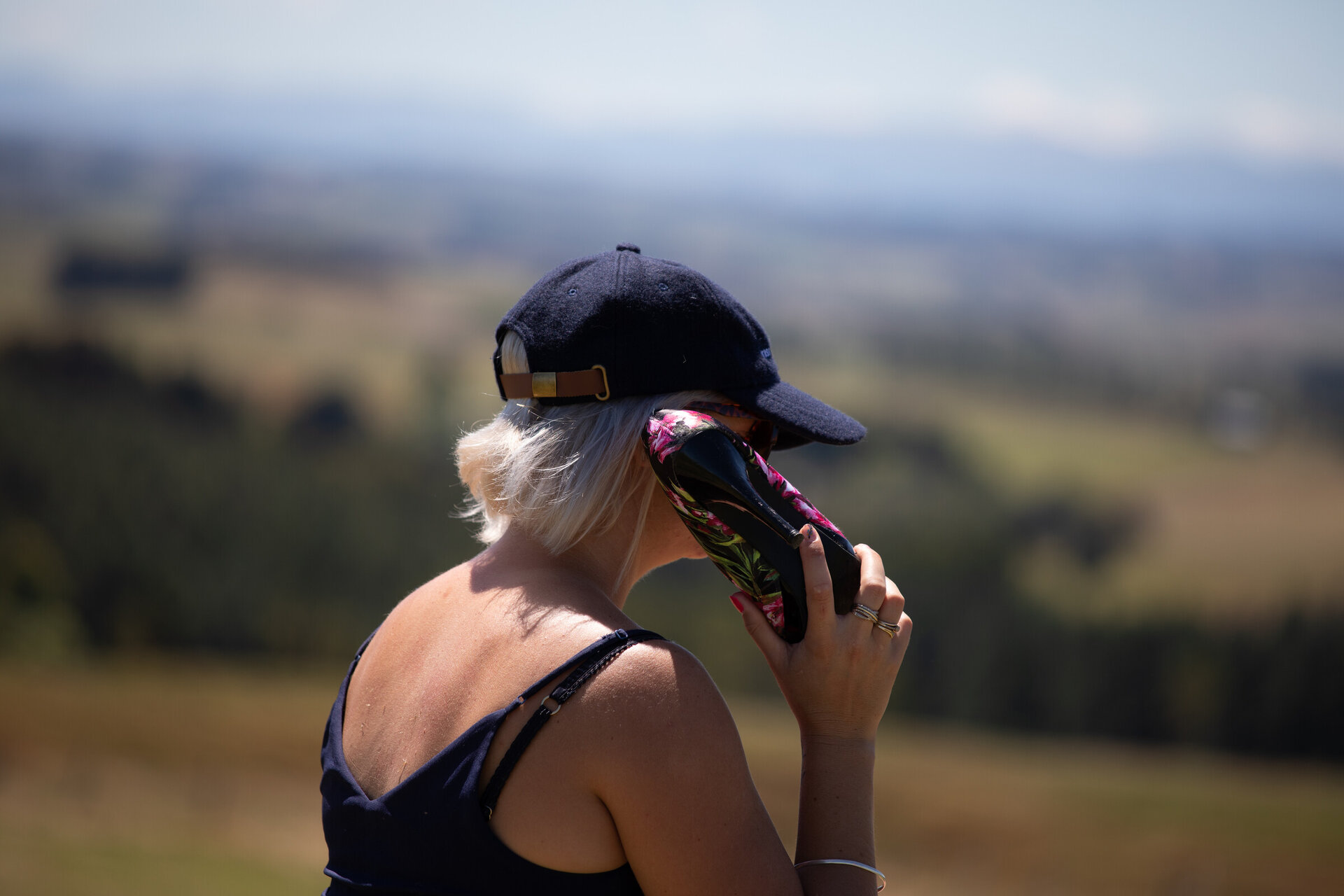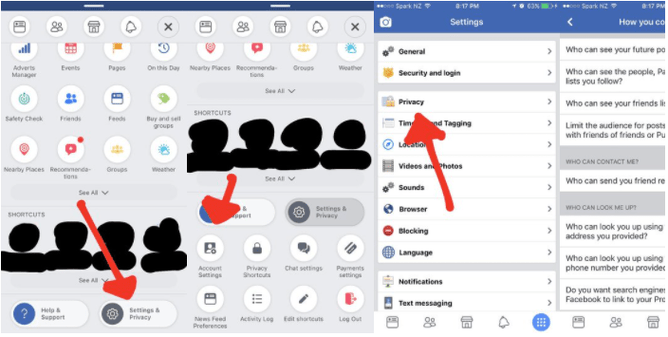Social Media can expose children to inappropriate content, subject them to cyber bullying or make them targets of predators and stalkers. Children can put themselves and their families at risk.
We have put together a list of things that you can do to help keep your children, your family, and yourself safe on Social Media.
Engage in open discussion
Promote open and calm discussion about your child's experiences on the Internet. If they fear they will be blamed or punished for their online mistakes, they are more likely to hide a problem or try and fix it themselves, potentially making it a lot worse. If they feel comfortable coming to you with their experiences, you will be able to intervene before a problem escalates or they expose themselves to danger.
Meet minimum age requirements
The minimum age to open an account on Facebook, Twitter, Instagram, Pinterest, Tumblr, Kik, and Snapchat is 13. For Vine, Tinder, it’s 17. YouTube requires account holders to be 18, but a 13-year-old can sign up with a parent’s permission. Despite these clearly stated and published age restrictions, large and growing numbers of children 12 and under are using social media networks, often with their parent’s knowledge and consent.
You don’t have to conduct a study to know that young kids under 13 are flocking to sites like Instagram, for example, to post and share photos, and to collect likes from their friends. Instagram tries to make it difficult for young kids to sign up by providing a birthday picker that doesn’t let a new user select an age under 13. Regardless, kids easily make up fake birthdays and use their parents iTunes account to download Instagram to their own devices.
Teach respect for others
Being considerate of others means not just treating them with respect and kindness but also respecting their privacy and their rights. It’s about taking the time to think about how our actions will affect others and doing the right thing.
Information is not easily removed.
Everything you post on the Internet is permanent. I think many people incorrectly assume that when they remove something from Facebook, or a website, the information is no longer accessible. Not so. Many websites store all this history, and websites like Google allow you to peer back in time and view a website as it existed years ago.
Coach your children to be very, very careful about how they portray themselves online. Social networking is very powerful, and it is here to stay. In fact, it will continue to permeate more and more of our daily activities (especially the younger generations). However, social networking can also be an albatross for the rest of your life if not handled prudently.
Share less detail
That photo you took and uploaded with your GPS phone or camera can reveal the exact location of where it was taken (known as geo-tagging). Also, every time you join a social network, fill in a profile, blog, share a video, send a tweet, or post a comment, you create a digital footprint that is both permanent and potentially public.
Privacy Settings
It’s very important that you review all the privacy settings of all your social media accounts. Here’s a rundown of what you can do on the current Facebook site:
On the upper right corner of the site, there’s a small arrow next to the word “Home.” Click on it, and a drop down menu will appear, and there’s one row that says “Privacy Settings.” Make sure to review what your default is set to, to ensure that you still have the settings you want and that you’re not inadvertently revealing private information.
Each post has a dropdown menu on the side that offers you three basic privacy settings to choose from: public, friends, or custom. With custom, you can choose specific friends, as well as what degree in your network you want your update to be open to.
Beware of Predators
Many are master manipulators with skills that can cripple any child's sense of awareness. This is known as the grooming process and predators look for children that are more technically savvy than their parents. They look for children that are emotionally vulnerable which can be related to personal issues derived from problems at school or home. They use these issues to befriend the victim and empathise with them while building a pseudo friendship and trust. If a child indicates frustration with parents or teachers at school, the predator might suggest the child's parents are way too strict or their teacher is being unfair. This plays right into the adolescent mind as they look for someone to validate their feelings.
With the presence of searchable user profiles when using Instant Messaging and Chat Rooms, as well as Social Networking profiles and even video hosting sites like YouTube, predators can easily find information about potential victims since many naive children reveal personal information with no regard for safety. Even simple statements listed on a profile such as school attended, sport played, or even a jersey number can allow predators to target them.
A 16 year old girl innocently posting a picture standing next to her new car in the driveway doesn’t realise she is also telling a potential predator what her car looks like, her license plate number, house address, etc.
Deal with Bullying
Don't reply to any incidents of cyberbullying but do save and document the threats (harassing messages, sexually explicit pictures, or threatening texts, for example) and report them to the police. Seek appropriate legal advice.
Report incidents of cyberbullying to the ISP, the cell phone company, and to any web site used in the cyberbullying.
Block the cyberbully's email address or cell phone number, or change your child's email address or phone number.
If you are able to identify the cyberbully, you could contact his or her parents or notify your child's school if the cyberbully is also a student there. Many schools have established protocols for handling cyberbullying but check with your child first as he or she may prefer to resolve the problem privately.
Social Media is great fun and a great way to connect with family and friends. But you need to be open and aware that without good open, honest communication with your children around the dangers, then it can be a very dangerous place. It's scary, but awareness is key.



